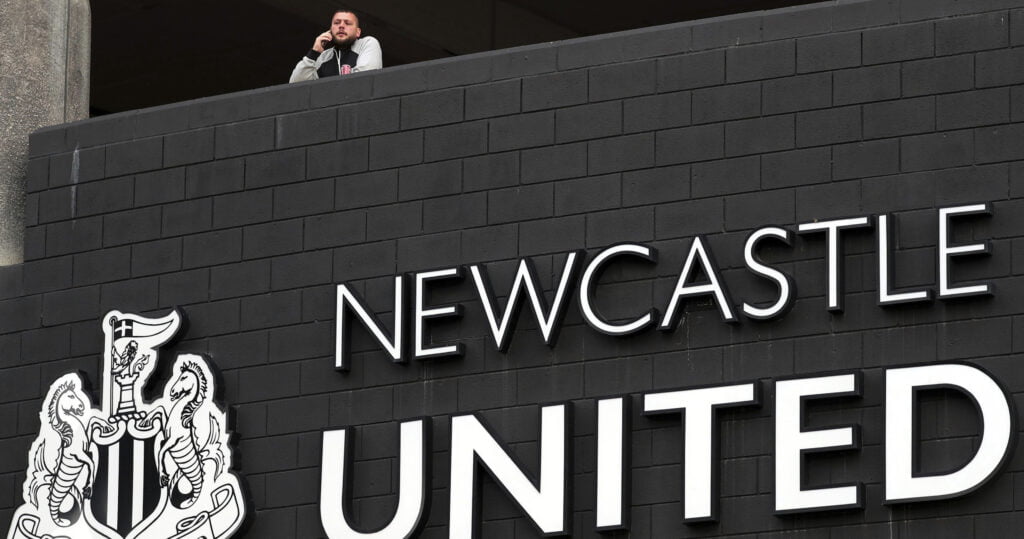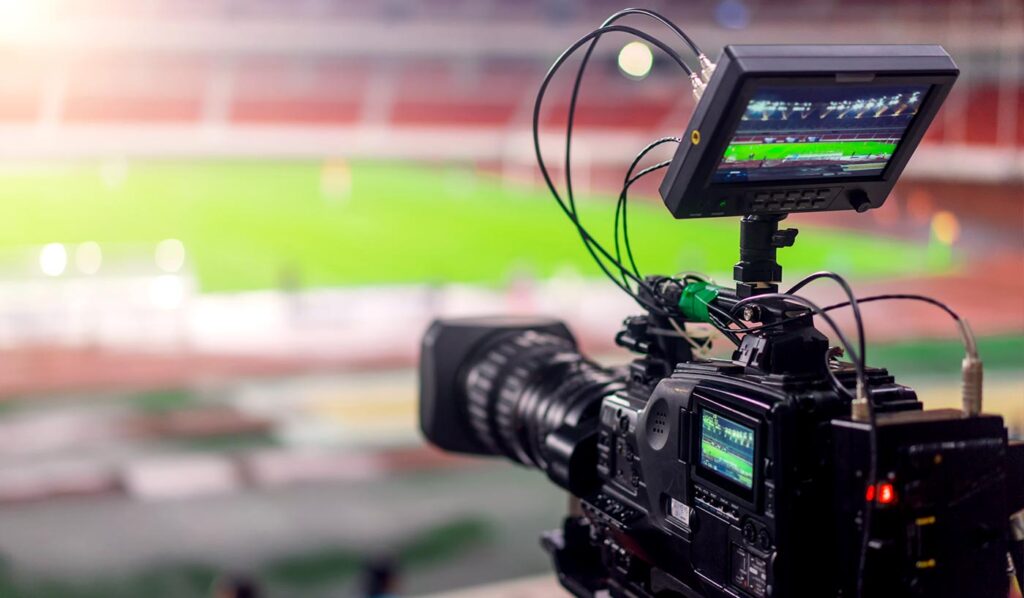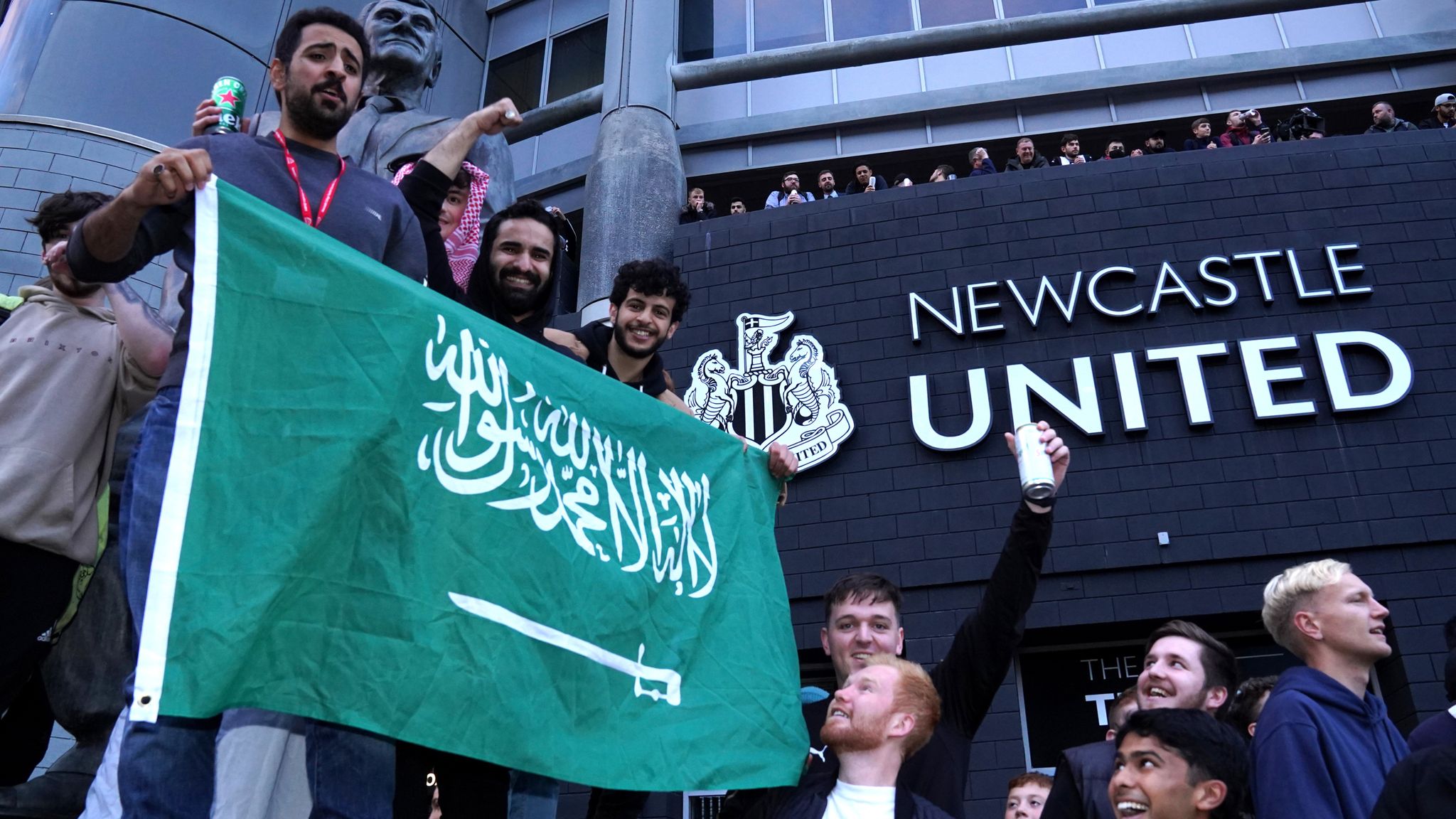Last November, the Glazer family surprised many by announcing their intentions to sell Manchester United, a club they acquired in 2005 for just £790 million. The media has extensively covered the twists and turns of the bidding war that followed. With the Glazers demanding an ambitious £6 billion for the club, the two frontrunners, Sheikh Jassim Bin Hamad Al Thani and Sir Jim Ratcliffe, have reportedly fallen significantly short of that figure thus far. It will be interesting to observe how events unfold in the upcoming weeks and months.
While the parties’ attorneys, accountants, and financial advisors work tirelessly behind the scenes to ensure a smooth takeover occurs if and when a bid is accepted, what exactly is their role? In this article, we provide an insider’s guide to the process of purchasing a football club, examining the various practical, financial, and regulatory considerations for prospective buyers.
![Manchester United owner [Glazer family]](https://seifkhaled.me/wp-content/uploads/2023/06/Manchester-United-owner-1024x576.webp)
1. THE PROCESS
The process of buying a football club is essentially the same as any other M&A transaction. In a typical bilateral sale, the buyer and seller have initial commercial discussions, followed by a period of exclusivity for the buyer to conduct due diligence and negotiate acquisition documents with the seller. The duration of this process can vary between three to nine months depending on the complexity of the transaction.
However, in an auction process, which has been recently used for the sale of Chelsea and is ongoing for Manchester United, the seller controls the sale process and prepares sale documents for negotiation with multiple bidders at the same time. During each stage of the auction process, interested parties submit their bids, including valuation, proposed changes to the transaction documents, and other key commercial terms. Uncompetitive bidders are eliminated until a final successful bidder is selected. The competitive nature of an auction process allows for a faster timetable, with the transaction usually being completed within three months once a preferred bidder is identified.
2. KEY CONSIDERATIONS FOR POTENTIAL BIDDERS
Owners’ and Directors’ Test
In England, anyone wishing to purchase a football club must meet the Owners’ and Directors’ Test (OADT) requirements. The club is responsible for submitting the application on behalf of the potential owner or director. The acquisition documents may be finalized before the application, but the transaction’s completion is contingent on approval from the appropriate league.
The OADT aims to ensure that those leading professional football uphold the game’s integrity, image, and reputation. The tests differ slightly depending on whether the club plays in the Premier League (PL) or English Football League (EFL). For EFL clubs, a declaration of compliance is required if an individual will control over 30% of the club’s voting rights. The PL threshold is now 25% following reforms announced on March 30th this year. The reforms also expanded the scope of PL club officials subject to the OADT, with chief executives now required to pass the test. If a potential buyer has a ‘Disqualifying Event’ on their record, they will not be approved.
– The following are considered Disqualifying Events for both PL and EFL clubs:
- Having the ability to influence or manage another league club or holding more than a 10% stake in such a club (which will be further discussed below).
- Being disqualified from serving as a company director.
- Having an unspent criminal conviction that resulted in a prison sentence of 12 months or more, or any conviction for dishonesty.
- Being bankrupt or involved with a club during an insolvency event.
- Being listed on the sex offenders’ register.
- Being disqualified or suspended by a sports governing body or professional body.
- Breaching the rules on betting in football.
Earlier this year, the PL expanded the Disqualifying Events to include those who have committed human rights abuses or any offences involving violence, corruption, fraud, tax evasion, or hate crimes, as well as those subject to government sanctions. The PL has also introduced updated due diligence requirements for takeovers, including a list of ‘Acquisition Materials’ to enhance transparency.
Further reforms are anticipated from the PL in June, and if the government’s proposed Independent Regulator for Football is established, there may be wider regulation of owners and directors. However, it is believed that the Manchester United takeover has not been impacted by the recent PL announcement, and it is probable that any sale will be completed before the next round of reforms.

– Multi-Club Ownership
The potential issue of multi-club ownership is once again in the spotlight as the two favorites for the Manchester United takeover, Qatar’s Sheikh Jassim Bin Hamad Al Thani and INEOS’ Sir Jim Ratcliffe, both have close connections to other European football clubs (PSG and OGC Nice, respectively).
This matter is relevant only if the prospective buyer has an interest in another football club. However, with the increasing trend of multi-club ownership groups (11 out of 20 EPL clubs operate under this model), potential buyers must consider this matter early on.
In England, the rules are straightforward: you cannot own more than one football club competing in the EPL or EFL (see the first ‘Disqualifying Event’ under the OADT). However, when it comes to multi-club ownership across different jurisdictions, the situation becomes more nuanced. UEFA’s rules state that two clubs with the same ownership cannot compete in the same UEFA competition, even if one individual or entity has a “decisive influence” in the decision-making of another club. This posed a problem for the ownership groups of Red Bull Salzburg and RB Leipzig when both teams qualified for the 2017/18 Champions League campaign.
As influential stakeholders increase the pressure on UEFA, it will be intriguing to observe how the organization interprets and applies its rules regarding the potential new owners of Manchester United.
3. DUE DILIGENCE FOCUS
In the context of purchasing a football club, prospective buyers must conduct a thorough investigation of the target business’s legal, financial, and commercial position, a process commonly referred to as “due diligence.” The following are essential areas of focus during a buyer’s legal due diligence exercise.
– Broadcasting, Commercial Rights & Transfer Fees
The primary sources of revenue for a PL club consist of competition prize money, broadcast income, commercial deals, and matchday gate receipts.
The distribution rules for prize money and broadcast income are generally well-established. However, a buyer must still carefully evaluate the revenue implications of the club’s on-field performance relative to its anticipated expenditures when assessing the transaction’s potential value.
If the club’s commercial and sponsorship income is significant, the buyer must conduct due diligence on the underlying contracts to understand their terms and conditions. For instance, short-term agreements or payments contingent on performance (which are inherently less certain) may affect the buyer’s valuation.
Likewise, potential buyers must also comprehend the club’s position concerning incoming and outgoing transfer fees. For instance, does the club still owe substantial installment payments on a historic transfer?

– Stadium Ownership
The stadium and training facilities are critical components of a football club’s infrastructure. Thus, verifying ownership of the land on which this infrastructure is built is a crucial aspect of the buyer’s due diligence process. The buyer must consider the following:
- If a third party owns the land: the terms of the club’s use of that land, such as the level of rent payable and any limitations on the club’s ability to occupy or develop the land in the future. If necessary, the buyer must also assess the cost of acquiring the land.
- Any impediments to redevelopment, such as ground improvements to unlock additional matchday revenue, naming rights, or other plans to diversify income streams. This may include constructing a hotel or other commercial buildings.
- The ability to leverage the club’s ownership interest in the land and/or buildings as security to secure debt financing if required.
– Financial Regulations
During the due diligence process, potential buyers will require detailed financial information to demonstrate the club’s compliance with relevant financial regulations. They will also typically demand appropriate warranties (i.e., contractual promises) from the selling entity in the share purchase agreement to safeguard against any past regulatory compliance issues.
If an owner intends to make significant investments in the transfer market, they will also be interested in the club’s future liabilities and the extent to which there is any room for additional transfer spending. For example, a club that has recently spent heavily on player acquisitions may have limited flexibility in upcoming transfer windows, which could discourage a potential owner hoping to make substantial investments in the near future.
4. DISPUTES AND LITIGATION:
Takeover negotiations for a football club often result in disputes, which can cause many potential deals to fall through. However, even after a deal is completed, litigation can ensue if the information exchanged between the buyer and seller in the lead-up to the sale was incomplete, misleading, or fraudulent.
Before purchasing the club, the buyer will have relied on the guarantees and disclosures made by the seller to determine the purchase price and other relevant terms of the deal. However, after taking control of the club, the buyer may discover that relevant information was obscured or misrepresented by the seller during the pre-sale period. To protect themselves, prudent buyers ensure that the sale documentation includes adequate indemnities, warranties, and guarantees, allowing them to seek redress from the seller.
In some cases, the buyer may insist on a portion of the sale price being held in an escrow account. This allows the buyer to recoup a portion of the agreed purchase price more easily if the club’s true nature has been distorted by the seller.
Acquiring a football club is a complex process that requires careful consideration of financial and regulatory constraints at every stage. The buyer’s due diligence process is crucial, focusing on the club’s finances, commercial rights, and property. It falls to lawyers to document the deal appropriately and ensure that the parties have adequate legal protections in place if issues arise later on. As the Manchester United bidding process nears its conclusion, it will be intriguing to see if the transaction can be completed without significant setbacks.
Daniel, Kieran, Dewi, and Alex are solicitors at Sheridans, a top sports law firm headquartered in London. They have advised on several high-profile club takeovers and provide expert guidance on corporate, commercial, regulatory, and litigious considerations for both buyers and sellers.


THX
My pleasure 🙂